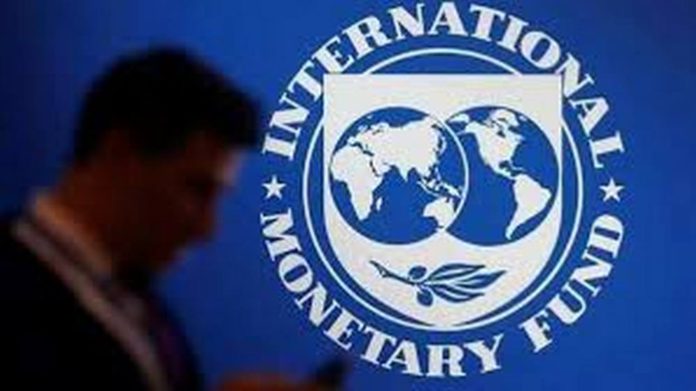The International Monetary Fund (IMF) says it will comment on the passage of the Proper Human Sexual Rights and Ghanaian Family Values Bill by Parliament only after it has been signed into law.
According to the Fund, this will only follow an assessment of the economic and financial implications of the bill.
In a statement on the issue, the Fund stressed that “Diversity and inclusion are values that the IMF embraces.”
“Our internal policies prohibit discrimination based on personal characteristics, including but not limited to gender, gender expression, or sexual orientation. Like institutions, diverse and inclusive economies flourish,” the statement from the Fund added.
The comment by the IMF comes on the back of the legislation passed by Ghana’s lawmakers on Wednesday, March 28, with support from both the ruling party and the opposition.
It is seeking to criminalises LGBTQ+ activities, as well as their promotion, advocacy, and funding.
Under the new bill, those found guilty could face a jail term ranging from 6 months to 3 years, while those promoting and sponsoring the act could face a jail term between 3 to 5 years.
Acknowledging the importance of the situation, the IMF noted that it is “watching recent developments in Ghana closely.”
The Fund added that, “We cannot comment on a bill that has not yet been signed into law and whose economic and financial implications we have yet to assess.”
Ghana has been seeking a bailout from the IMF following an economic downturn. The first and second tranches have hit the Bank of Ghana’s account. However, with the passage of the Bill, Ghana’s prospects of securing the third tranche have become uncertain.
Following the news of Ghana’s anti-LGBTQ legislation, the country’s dollar bonds experienced a decline, ranking as the second-worst performers in a Bloomberg index monitoring emerging-market sovereign hard-currency debt on Thursday.
All 14 of Ghana’s dollar notes in the gauge saw a drop in value, with the bonds maturing in 2034 experiencing the most significant impact, plummeting to 43.34 cents on the dollar, marking their lowest level since January 12.
Meanwhile, pressure mounts on President Akufo-Addo to assent to the Bill.
READ ALSO:

